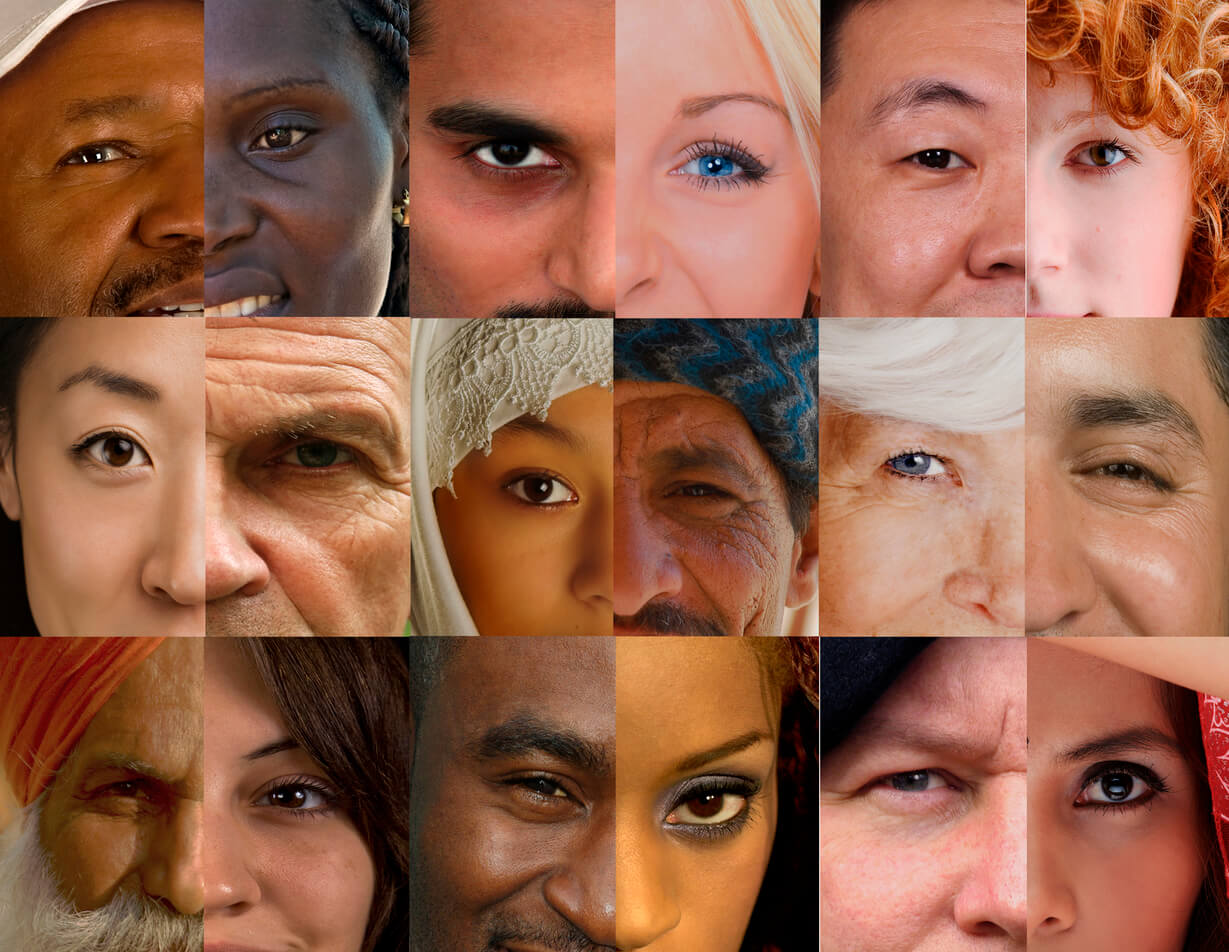Multiculturalism, as a policy, was once hailed as a progressive solution to the challenges of diverse, modern societies. In the UK, the idea was to promote inclusivity, tolerance, and equality, allowing different ethnic groups to maintain their cultural identities while participating fully in public life. However, in recent years, many have argued that this ideal has not fully materialized. From a psychological standpoint, examining why multiculturalism has seemingly failed offers deep insights into human behaviour, group dynamics, and societal cohesion.
Social Identity Theory: Us vs. Them
At the heart of the challenges surrounding multiculturalism lies Social Identity Theory. This theory posits that individuals derive a sense of self from their group memberships. Whether these groups are based on nationality, ethnicity, religion, or other identities, humans naturally categorize themselves and others into “in-groups” and “out-groups.”
In the context of multiculturalism, the promotion of distinct cultural identities may unintentionally amplify this sense of division. People may feel a stronger allegiance to their cultural group than to the broader national identity. This fragmentation can result in social tensions, as “us vs. them” thinking becomes entrenched, leading to alienation, discrimination, and conflict between groups.
The Psychological Impact of Segregation
Multiculturalism, while well-intended, has sometimes fostered cultural segregation rather than integration. In cities like London, Birmingham, and Manchester, certain areas have become known for their ethnic concentration, often labeled as ghettos. Psychologically, living in homogeneous communities can limit exposure to different perspectives and ways of life, reducing empathy and understanding between groups.
When people are not regularly exposed to others from different backgrounds, it can reinforce stereotypes and misunderstandings. This “parallel living” prevents meaningful interactions and connections that are vital for breaking down barriers and building trust between different communities.
Cognitive Dissonance and Cultural Clash
Cognitive dissonance plays a key role in how individuals reconcile conflicting cultural values. In a multicultural society, different ethnic groups often hold contrasting views on matters such as gender roles, religion, family structures, and social behavior. For instance, the traditional values held by some immigrant communities might clash with more liberal British norms.
This dissonance can create internal psychological tension. For many, reconciling their cultural heritage with the expectations of mainstream British society becomes a difficult balancing act. Failure to integrate these two worlds often leads to feelings of isolation, frustration, and identity confusion, particularly among second-generation immigrants who may feel caught between two cultures.
Acculturation Stress
Acculturation stress refers to the psychological strain experienced by individuals as they adapt to a new culture. In a multicultural setting, immigrants and minority groups may experience high levels of stress due to language barriers, unfamiliar customs, and societal expectations. The pressure to fit in, while maintaining one’s cultural identity, can lead to anxiety, depression, and other mental health issues.
Moreover, this stress isn’t experienced solely by immigrants. The majority population can also feel threatened by rapid demographic changes, perceiving that their cultural values and way of life are being eroded. This can give rise to feelings of resentment, fear, and hostility, further exacerbating social tensions.
The Role of Media in Shaping Perception
The media plays a significant role in shaping perceptions of multiculturalism, often magnifying its failures and underreporting its successes. Negative portrayals of immigrants and minority groups can lead to widespread fear and distrust. Psychologically, the availability heuristic – a mental shortcut that relies on immediate examples that come to mind – means that if people are constantly exposed to negative stories about multiculturalism (e.g., crime, terrorism, or social unrest), they may overestimate the prevalence of these issues, further entrenching negative attitudes.
The Way Forward: Towards Social Cohesion
For multiculturalism to succeed, it needs to evolve beyond mere tolerance of difference. From a psychological perspective, promoting intergroup contact is essential. Research has shown that positive, meaningful interactions between people of different backgrounds can reduce prejudice and foster empathy.
Additionally, shared goals that require cooperation between different groups – such as community projects, economic initiatives, or national events – can foster a sense of unity and collective identity. By focusing on what unites rather than divides, society can move towards social cohesion rather than fragmentation.
Conclusion
The failure of multiculturalism in the UK can be attributed, in part, to the psychological challenges of balancing group identities, coping with cultural differences, and navigating acculturation stress. While the intentions behind multicultural policies were noble, the psychological realities of human behavior have complicated their implementation. Understanding these dynamics offers a path forward – one that focuses on integration, empathy, and shared purpose, rather than simply celebrating difference.
By addressing these psychological barriers, the UK can work towards creating a truly inclusive society where diversity is not just tolerated but embraced as a source of strength and unity.



